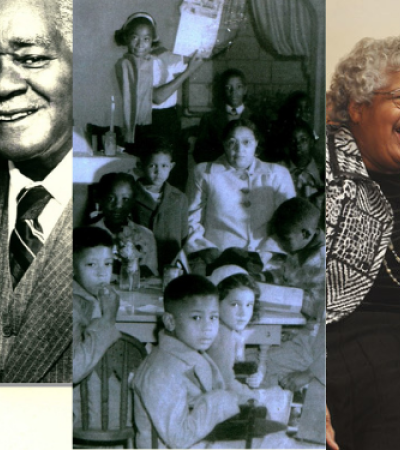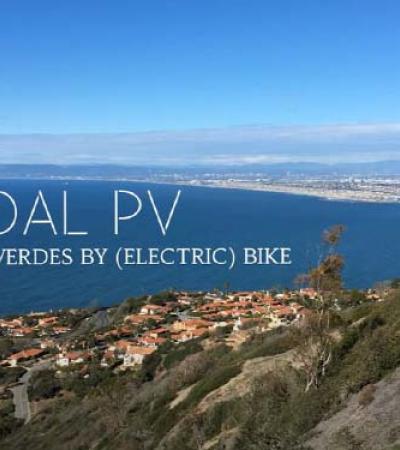The beginning of 2021 is packed with great state humanities council events! You may be surprised at the range of virtual options, whether you’re looking for a smart lecture to while away a quiet afternoon or an engaging event to share with your patrons on social media.
Below is a selection of virtual events just from the week of January 11, 2021. Find your state humanities council here.
Coming Home to a Place You’ve Never Been: Immigration, Refugee Resettlement and Citizenship with Rodo Sofranac
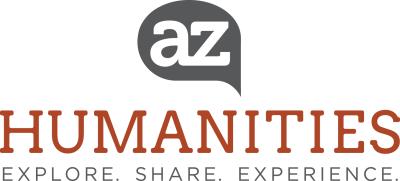
From Arizona Humanities
Monday, January 11
2:30 p.m. MT
The politics and policies of immigration, refugee resettlement and citizenship are louder than ever. While the politics get noisier and the policies are mired, what about the people? This talk focuses on the personal stories of immigration. Participants will have the opportunity to discuss and share their experiences as a new settler and/or local greeter.
Changing the Legacy of Race & Ethnicity – Of the Spirit

From Colorado Humanities
Sunday, January 17
7 p.m. MT
Adrian Miller, executive director of Colorado Council of Churches, will moderate an online panel conversation “Changing the Legacy of Race & Ethnicity – Of the Spirit” with live Q & A. Faith leaders in Colorado Buddhist, Christian, Jewish and Muslim communities will discuss racial justice through a theological lens. Featured panelists are Diana Thompson, Joan Bell-Haynes, Carlos Zarur and Kamel Elwazeir.
The FDR Memorial: Unveiling the Hidden History

From Humanities DC
Thursday, January 14
3 p.m. EST
Did you know it took four years for the wheelchair statue to be added to the FDR Memorial in Washington, DC? Join HumanitiesDC grantee the FDR Memorial Legacy Committee to learn more about the statue’s hidden history.
Post Office Murals as Public Art
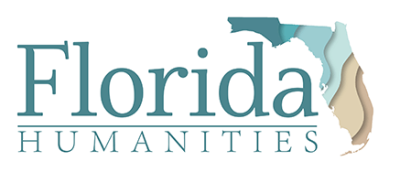
From Florida Humanities
Thursday, January 14
6 p.m. EST
In 1933, Franklin Roosevelt’s New Deal had sponsored several art programs to help get people back to work and to restore confidence in a nation facing 25 percent unemployment. His intent was to install public art in federal buildings, intended to “help boost the morale of people suffering the effects of the Great Depression.” Fine art murals are on the walls of more than 700 post offices nationwide, usually above the postmaster’s office door. Fine art originals depicting scenes of the history of that town or the state. Standing frozen in time, post office murals hold on their surfaces, visual, autobiographic essays of how America saw itself, considered its minorities, and presented its heroes as the nation moved from a rural to an industrialized society.
Dr. Martin Luther King Jr.'s "The Other America" Discussion Program
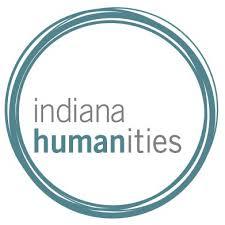
From Indiana Humanities
Friday, January 15
6 p.m. EST
The Morning Bishop Theater Playhouse will use one of Dr. Martin Luther King’s lesser-known speeches, “The Other America,” to engage the public in discussions around racial disparities, including in the areas of housing, economic opportunities and human rights. Organizers have prepared discussion guides targeted for different age levels and will utilize experienced facilitators to lead conversations at various community gatherings, including via a radio broadcast.
Capturing New Orleans: Photographer Charles Lovell in Conversation with Gwen Thompkins

From Louisiana Endowment for the Humanities
Friday, January 15
11 a.m. CST
A Bright Lights Online conversation with the LEH’s 2020 Michael P. Smith Memorial Award for Documentary Photography recipient, Charles Lovell, on New Orleans’s vibrant street culture and its historic draw for photographers. Lovell will be in conversation with Music Inside Out host Gwen Thompkins. Audience Q & A will follow.
New England Lighthouses and the People Who Kept Them
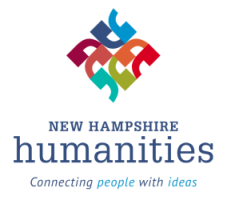
From New Hampshire Humanities
Thursday, January 14
7 p.m. EST
Everyone knows that there's something about lighthouses that gives them broad appeal, but their vital role in our history and culture is little appreciated. Our early nation was built on maritime economy, and lighthouses were part of the system that made that possible. Due to automation, traditional lighthouse keeping is a way of life that has faded into the past. Jeremy D'Entremont tells the history of New England's historic and picturesque lighthouses primarily focusing on the colorful and dramatic stories of lighthouse keepers and their families.
Connect in Place: Talking about Dying
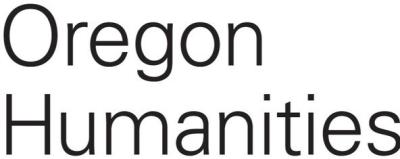
From Oregon Humanities
Tuesday, January 12
5 p.m. PST
This conversation offers an opportunity to reflect on the stories and cultural influences that shape our thinking about death and dying and share perspectives and ideas with fellow community members. How might our family, traditions, rituals, religion and beliefs shape how we think about death? What would a ‘good death’ look like for us—what do we want—and not want—at the end of our life? What are the essential considerations?
Telling Disability Stories: Histories, Representations, and Imaginations
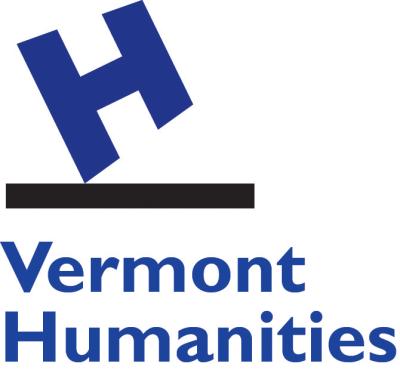
From Vermont Humanities
Wednesday, January 13
7:00 p.m. EST
The meaning of “disability” shifts across time, places and cultures. In spotlighting stories centered on disabled people, Middlebury professor Susan Burch draws on history, popular media representations and inclusive design practices to reimagine our past, present and possible future.
Funding for this article series has been provided by the National Endowment for the Humanities (NEH) as part of Coronavirus Aid, Relief and Economic Security (CARES) Act economic stabilization plan.

